Bias is present in the majority of companies’ hiring processes, unconsciously for the most part. Aside from making the hiring process less fair, bias also hinders efficiency and stops you from hiring the best candidates.
The current pandemic has forced companies to shift working and hiring online. This presents an opportunity to review hiring processes, identify key areas for improvement and determine whether bias can be eliminated. In this article, we use our expertise in HR technology and fair hiring to outline three of these areas. We are here to help companies reduce bias from their hiring process.

#1 More accessible job adverts
Bias is often present right at the beginning of the process when job roles are created. It is best practice to write clear descriptions of what the job entails, ensuring to include the key criteria to what is really required to perform the role effectively, not based solely on generalities and a long list of nice to have. With the shift to remote working, job descriptions, specifications, and assessment materials will need to be redefined to match new ways of working and new skill sets.
To increase accessibility and gain further reach into the talent pool, it is advised to invest time and effort using platforms and tools that assist with creating more diverse and inclusive content. Some of these include TapRecruit, a great resource to help you write inclusive job adverts. Textio also utilises AI to offer inclusive hiring content, using a statistical approach to identify specific word choices and phrases that contribute to bias. CEO and CoFounder of Textio ‘Synder’, suggests that using bulleted content in job listings can appeal to a wide range of candidates, helping companies recruit a more diverse workforce.
By creating inclusive job adverts, you not only help to recruit the best candidates, but you also improve the first impressions of your brand and they help you attract a diverse range of candidates.
#2 Structured and Consistent interview process
When it comes to the interview stage, it is important to ensure it follows a centralised and structured approach, delivered consistently. Interview software can make the whole process much more streamlined and easier to manage. By ensuring each candidate receives the same questions, material assessments and by following a fair scoring criteria, a level playing field is created for all candidates and ultimately bias can be reduced in your hiring process.
According to a survey by Forbes Insight, 65% of those in HR management place priority on the recruitment of diverse employees and are currently employing tactics to help engage a diverse workforce.
One such tactic is to instill more structure into interview campaigns to improve their effectiveness. However, it is important to decide on the right type of interview questions to ask candidates based on the type of role, company values and your requirements. There are several common interview frameworks that can be used, such as competencies, strengths, values, or behaviours, with each one having pros and cons.
Once the right framework has been decided it then needs to be delivered consistently. Interview software like Equitas is a good way to ensure this consistent delivery, especially when hiring remotely.
#3 Evidence-based evaluation
Evaluating candidates after interviews is another crucial stage where bias may creep in. It is vital to assess candidates fairly and evenly throughout the process to ensure you hire the best fit for your company. It can be advised to break down each question into detailed, scoring indicators to give a more accurate, and quantitative, score per question area as well as providing consistency and fairness for all candidates when assessing their performance from the interview stage.
Assessing the candidate’s performance is key, which is why Equitas’ voice-led software provides audio recording and transcription of the interview when it comes to scoring. By focusing on the evidence provided, interviewers can assess candidates fairly on what they have said, based on their skills, expertise, abilities, aptitude, and attitude. This results in more accurate and less biased hiring decisions.
The recording and transcription also allow for a more collaborative approach to evaluation. Multiple interviewers can access the interview retrospectively to listen to or read the interview and provide their own scores. This is done anonymously to avoid bias and scores are collated at the end. This is also the case for panel interviews, allowing for multiple interviewers to independently provide their own scores, creating more data points from which to make a decision, and reducing the risk of bias. This collaborative approach results in a more accurate evaluation of candidates without having to do multiple rounds of interviews or assessments.
You also need to seek a wide range of opinions when interviewing. Having a diverse interview panel can have a huge impact on fairness, candidate experience and offer a range of perspectives and experiences when interviewing and selecting candidates. Diverse panels can help reduce affinity bias i.e. hiring managers selecting candidates who are similar to them and it can introduce more rigor and challenge to the scoring and evaluation of candidates
Overall, bias is often present in hiring processes, from the interview stage all the way to assessing and evaluating candidates. There are things companies can do quickly to improve and debias their process. Using technology combined with the right tools can help automate your hiring by integrating a structured and centralised approach. Throughout the hiring process, there are tools, such as Equitas, that are focusing on reducing bias and using data to ensure you hire a diverse team.
Get in touch to book a demo.


